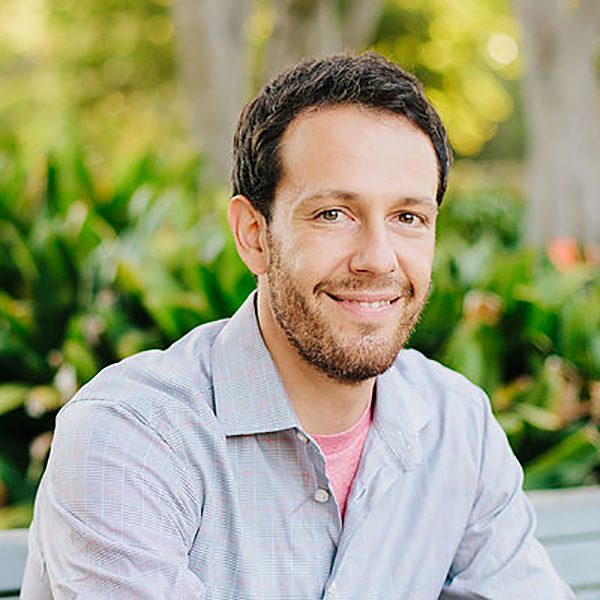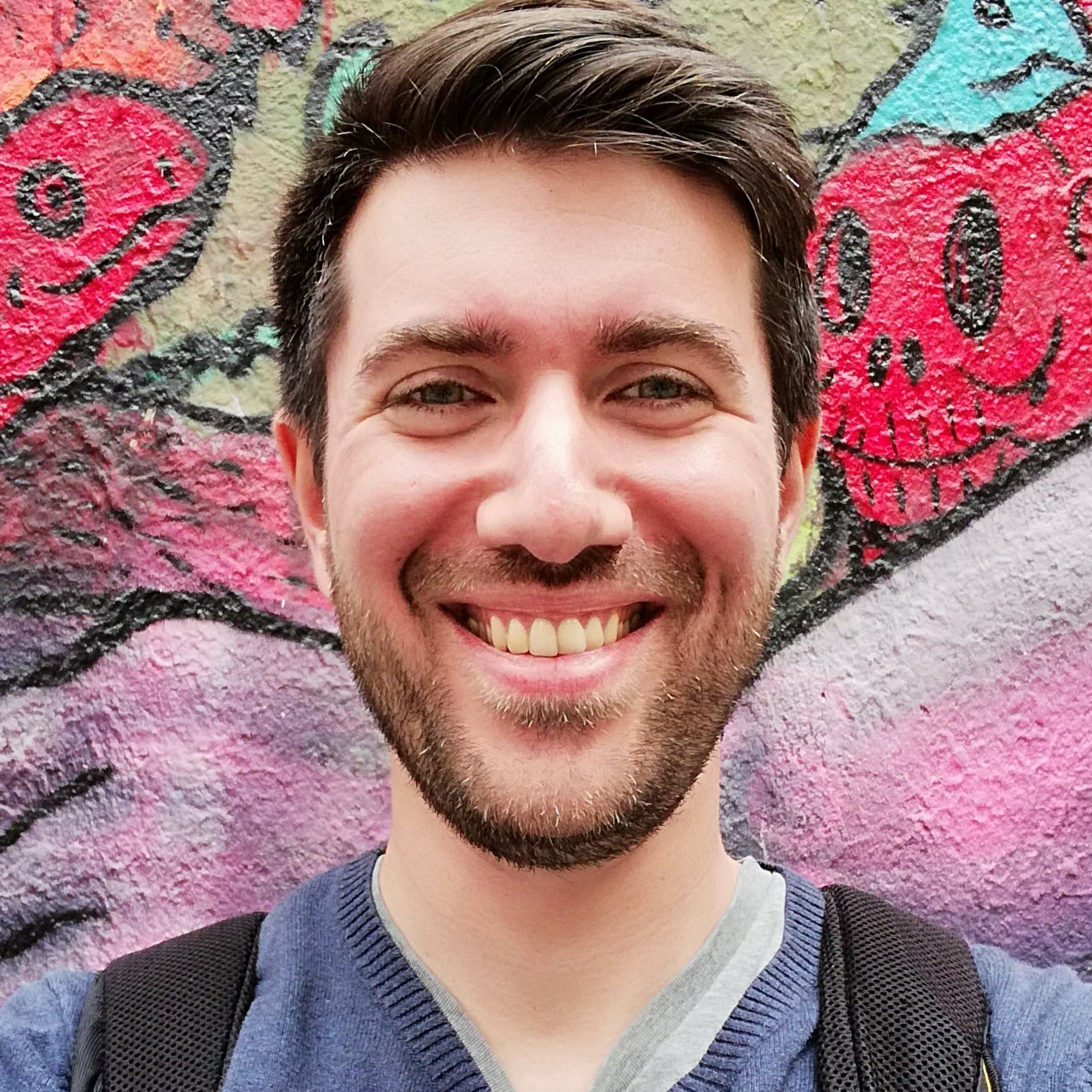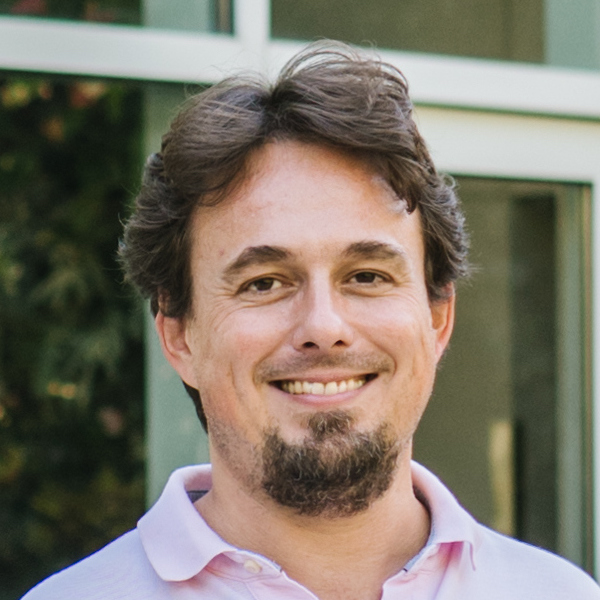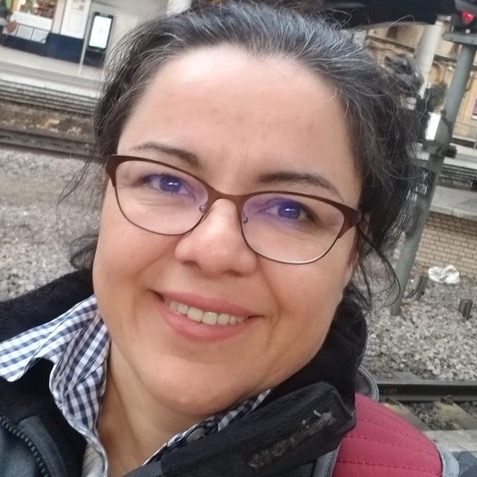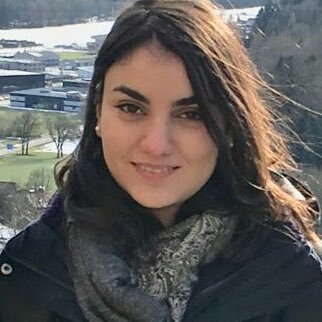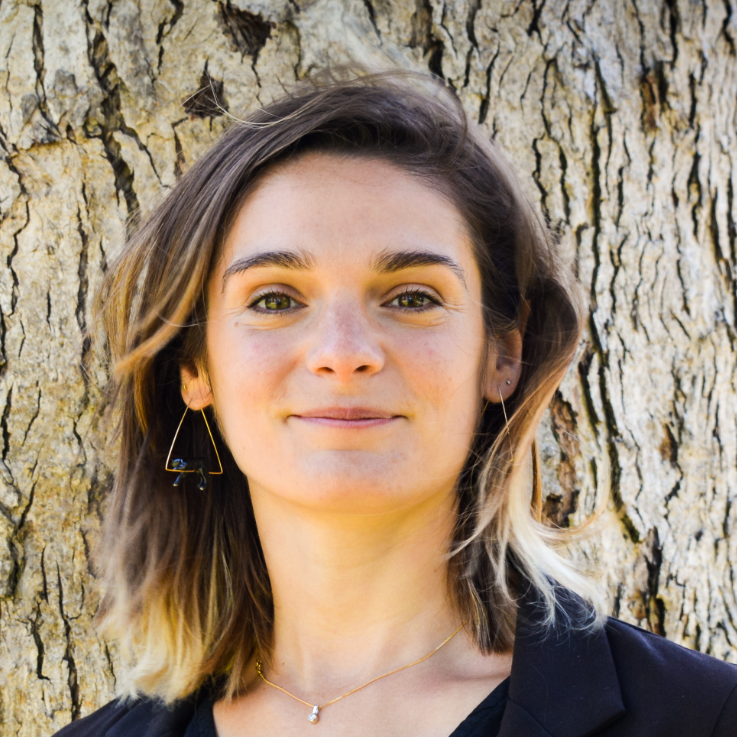Developing Digital Measures from Person-Generated Health Data
With Luca Foschini
Faster reaction to epidemics: toward predicting outbreaks in Burkina Faso
With Maroussia Roelens
Predicting women’s preferences for caesarian delivery from online forum discussions
With Michele Tizzoni
Statistical learning on period app data to advance personalized health care for women
With Laura Symul
Reducing patient wait times – A critical lifesaver
With Harmen Boers
AI and ML toward scaling Twitter data analysis for digital epidemiology of birth defects
With Graciela Gonzalez-Hernandez
Break
Improving the quality of child consultations in Burkina Faso using ML: detecting and addressing Health Workers’ diagnostic mistakes
With Aziza Merzouki
Mapping medical vocabulary terms with word embeddings
With Pekka Tiikkainen
Tracking health trends using automated real-time social media text classification
With Martin Müller
Unsupervised extraction of epidemic syndromes from participatory influenza surveillance self-reported symptoms
With Daniela Paolotti
Neural Network Models for Neighborhood Effects Research
With Tolga Tasdizen
Beyond lesion count: machine learning based imaging markers in multiple sclerosis
With Jonas Richiardi

